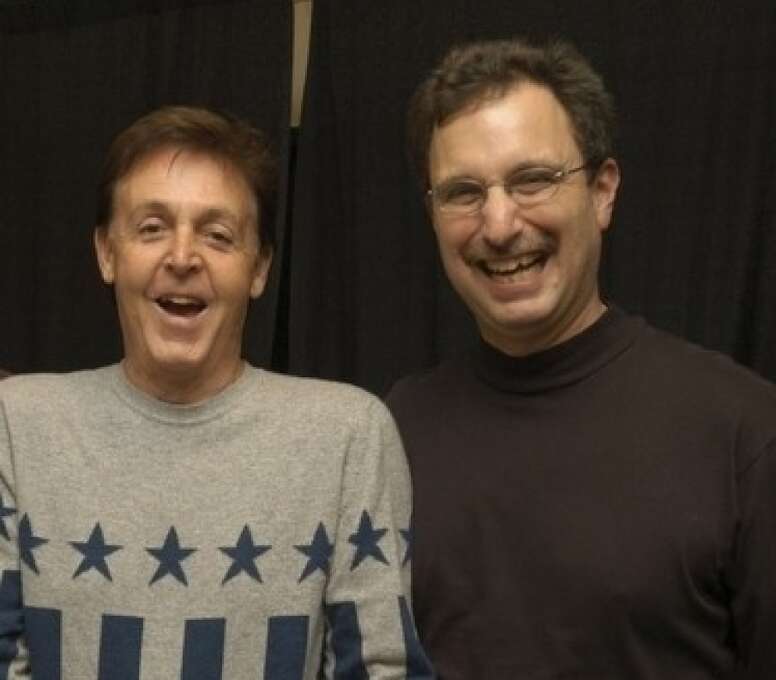
Live 365 is the biggest radio company you probably don’t know about.
In the vast and fast-growing world of Internet radio, the Foster City company is everywhere, with some 5,000 stations and 3.5 million listeners.
But when people talk about online radio and music listening options, it’s all Beats and Pandora, Deezer, Rhapsody and Rdio, Slacker and Songza, iHeart, iTunes and TuneIn.
It may be because Live 365’s been around longer than any upstart startups. It opened shop in 1999, launching as a host for DIY broadcasters. Anyone — music fans, musicians, companies (including radio stations) could connect with Live 365’s technology and tools and go on the air — on the Internet, anyway — for a modest monthly fee. And anyone could listen for free.
The business model — of offering mostly channels operated by non-professionals — may be another reason Live 365 is rarely in the conversation about online music services. Who wants to tune into a station operated by amateurs or music fanatics?
I do. But, dialing around recently, I ran into an old-time radio station that displayed a photo of Nat “King” Cole and a song title, all while an unidentified drama played. Another station, promising holiday music by “crooners,” mixed Sinatra and Michael Bublé with Celine Dion and that notorious Rat Packer, Kate Smith.
Wait a sec — Christmas music? Yep; 32 channels, from Christian to Cajun. That’s one of the beauties of Live 365, which offers some 260 music genres from stations in 150 countries.
And, according to Dennis Constantine, director of broadcasting, stations run by real people are a draw, with the most popular ones attracting some 20,000 listeners a day. Constantine, former program director at KFOG, joined Live 365 in September 2013. While others offer music libraries and stations based on computer algorithms, he said, “We provide music curated by human beings. You’re getting the feeling this person is trying to express through the songs they play.”
Early on, stations were limited to 365 listeners at a time, because of music licensing restrictions. Those limits have relaxed, and professional channels with their own licensing deals can have tens of thousands of listeners who can listen on numerous platforms, from digital devices to Comcast cable.
But, as with Live 365’s competitors, music royalty payments remain a taxing issue. “There’s not an Internet station that’s making money,” said Constantine. “The model is broken, so it’s interesting to be in this environment. It’s a tough battle.” Fortunately, he said, Live 365 has “very patient investors.”
Having weathered storms in commercial radio, Constantine appears content at Live 365, where he is recruiting more artists and celebrities to operate stations (David Byrne, Pat Metheny and others are on the air).
“Where terrestrial radio has gone, with big owners and the huge debts they have to service, the environment inside stations is one of fear. It’s not a good place to be.”
On the other hand, he said, Internet radio is “kind of the new frontier. We can do things differently.” He added, “More and more people are listening to their music with their devices. And in cars now, you can listen to anything that you can listen to at home or on your phone. I see the trend.”
THE REST OF THIS COLUMN CAN BE READ HERE AT THE S. F. CHRONICLE WEBSITE







